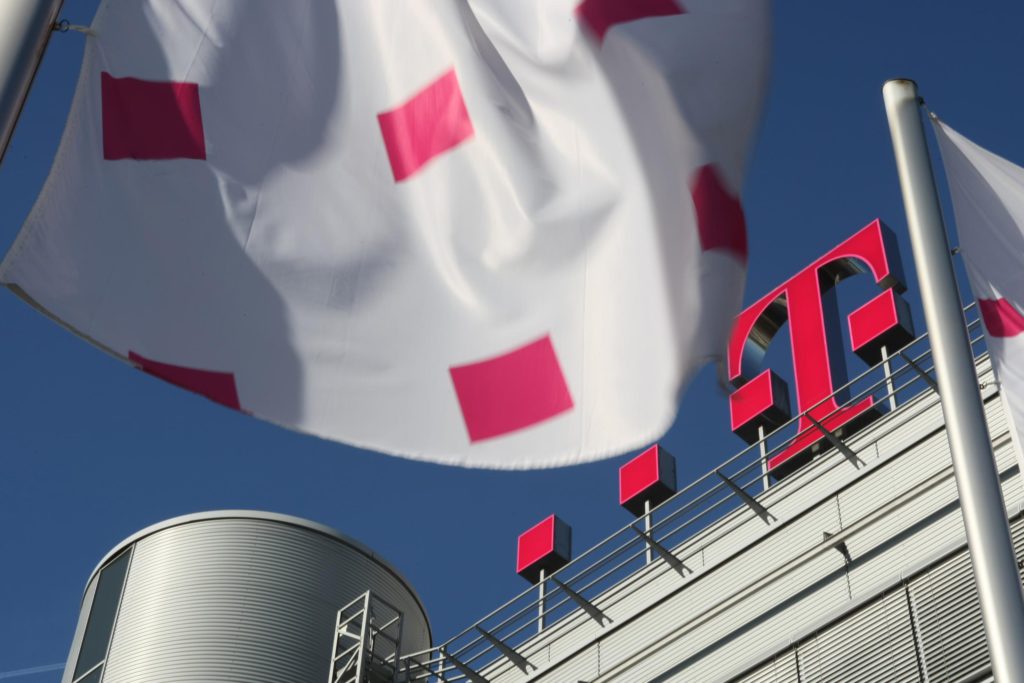Telephone cable boxes to charge EVs in Germany
05 November 2018

5 November 2018
Deutsch Telekom, a German telephone utility provider, is to launch a network of electric vehicle (EV) charging stations in the country by adding power cables to existing infrastructure boxes.
The company will convert boxes in the cities of Bonn and Darmstadt, making use of interchange boxes found on residential streets to allow drivers an additional place to charge EVs. Should the initial trial be successful, the company hopes to convert boxes nationwide.
One reason for slow uptake of electric and plug-in hybrid vehicles (PHEVs) is the lack of charging infrastructure. Installing new charge points comes with a high financial cost for authorities, and the need to ensure every car can access a station means converting existing infrastructure could be essential.
Cable distribution boxes will offer standard charging facilities with access for two vehicles to charge at once. The grey boxes are often found beside roads, and draw their own power from the country’s grid, making them ideal for conversion.
Each new station will feature type 2 charging plugs, capable of providing 11kW each. Deutsch Telekom believes these will provide enough power for a range of 50km to 75km after an hour on a charge, depending on the vehicle type. The additional energy required comes from renewable sources, the company said in a statement.
′For Darmstadt, the commissioning of the three inner-city charging stations is another important milestone for the development of the digital model city, and the combination of digitization and electromobility opens up opportunities for us to organize traffic in the city in a smarter, more effective and climate-friendly way in the future,’ says Darmstadt Lord Mayor Jochen Partsch.
′When setting up our nationwide charging network, we combine fast charging points with normal charging points, and are already creating a future-proof infrastructure,’ adds Bruno Jacobfeuerborn, Managing Director DFMG Deutsche Funkturm and Comfort Charge.
The company also hopes to create 100 of its own fast-charge stations in the next three months, and will expand this network to 500 locations within three years. These will be independent of the existing telecommunications infrastructure and offer users up to 150kW.
The idea of using existing infrastructure is also being explored in other countries. The UK’s ′Road to Zero‘ strategy contains plans to convert lamp posts into charging points, while last year in Finland, plans were drawn up to turn heating poles into EV charge stations.